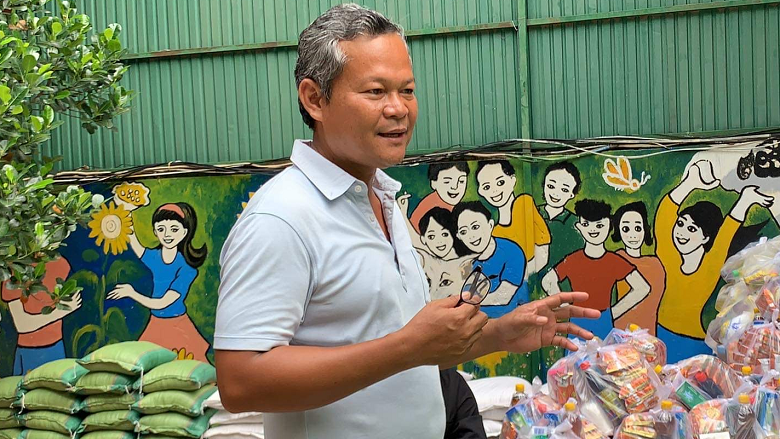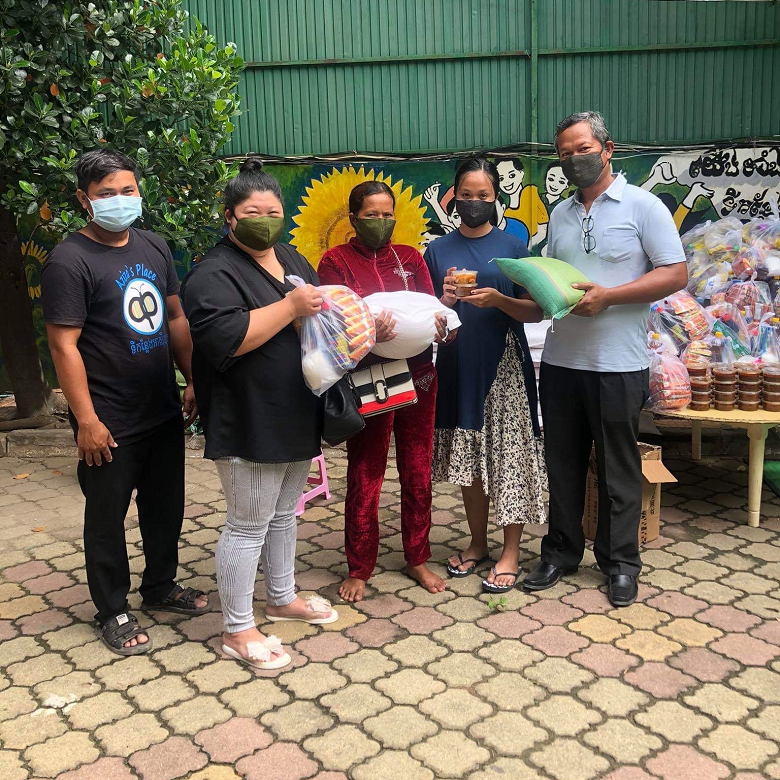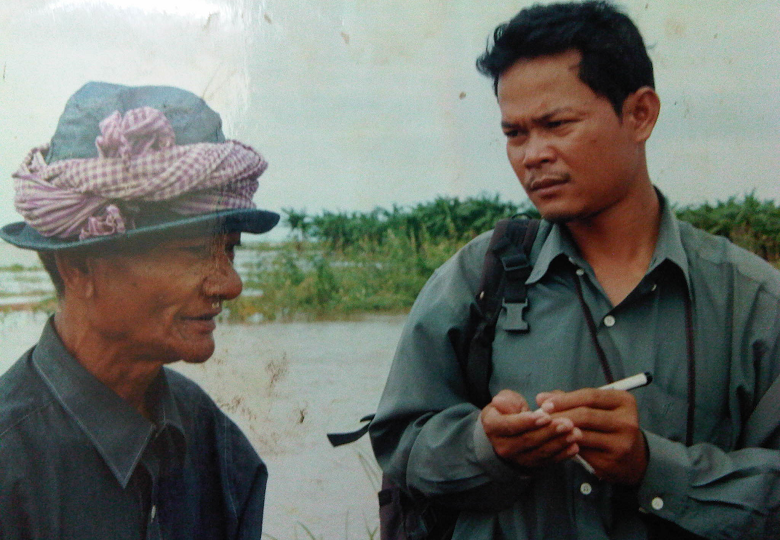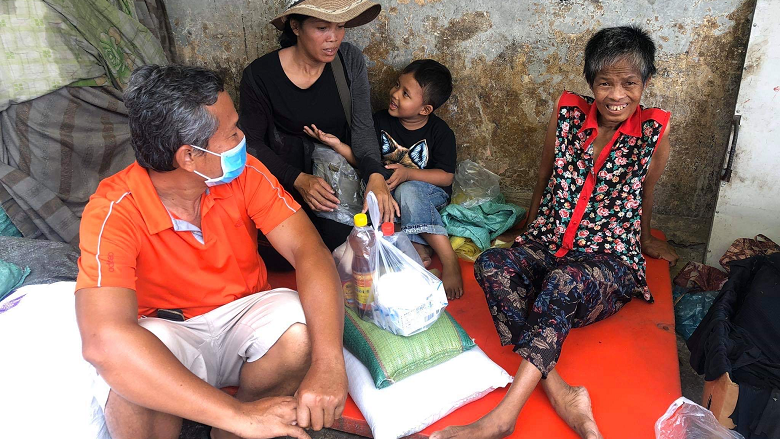1. Tell us about yourself.
Saroeun Bou (SB): I was born into a very poor family in a remote area of Cambodia. Unfortunately, my parents were uneducated and there was domestic violence, so I ran away from home when I was about 15.
I became homeless, scavenging for castaway stuff that I could sell to be recycled so I could survive in the city. Luckily, in the mid-1980s I was brought back to school. While in school, I still worked as a scavenger, a cyclo (rickshaw) driver, and an informal performer of traditional Basac theater (similar to Chinese Opera) in order to earn my living. My classmates helped by raising money to buy me notebooks, pens, uniforms and a school bag.
Because I was poor, when I finished high school I had to start working full time. I became a waiter for several years and then worked as a reporter for more than six years. In 2002, I joined the World Bank. Now, I am the External Affairs Officer at the World Bank Cambodia Country Office.
2. Did you develop a passion for poverty reduction growing up? What triggered your interest in development work?
SB: Living through a hard life and meeting many poor kids certainly developed a passion within me. This passion is about education and helping the poor. I really believe that education can help even the poorest families move out from poverty and find health and happiness. I have got to where I am today because I was given the chance to attend school at a relatively advanced age. I am full of thanks for all the generous support I received. Without that help, I could not have come this far. It is time for me to give back.
To pay back this debt, alongside my work at the World Bank, I have two most important social activities. First, I raise funds to buy bicycles that can make it possible for poor children to get to school, notably for those who live more than 4 km from school. A high school principal once told me that of the students living more than 7 kilometers from school, over half drop out – especially girls. This is a big concern. Therefore, last year alone I mobilized nearly 300 bicycles, worth more than $10,000, for poor students.
Second, since the COVID-19 pandemic arrived, I have raised funds to buy food for the most affected people, such as scavengers, the homeless, cyclo drivers and those selling small goods on the streets. Many of these people have seen their daily earnings dwindle to about 20 percent of what it used to be. So far this work has distributed more than 1,000 packages, each containing 10 kg of rice, fish sauce, soy sauce, canned fish, noodles, hand spray, soap and facemasks.




